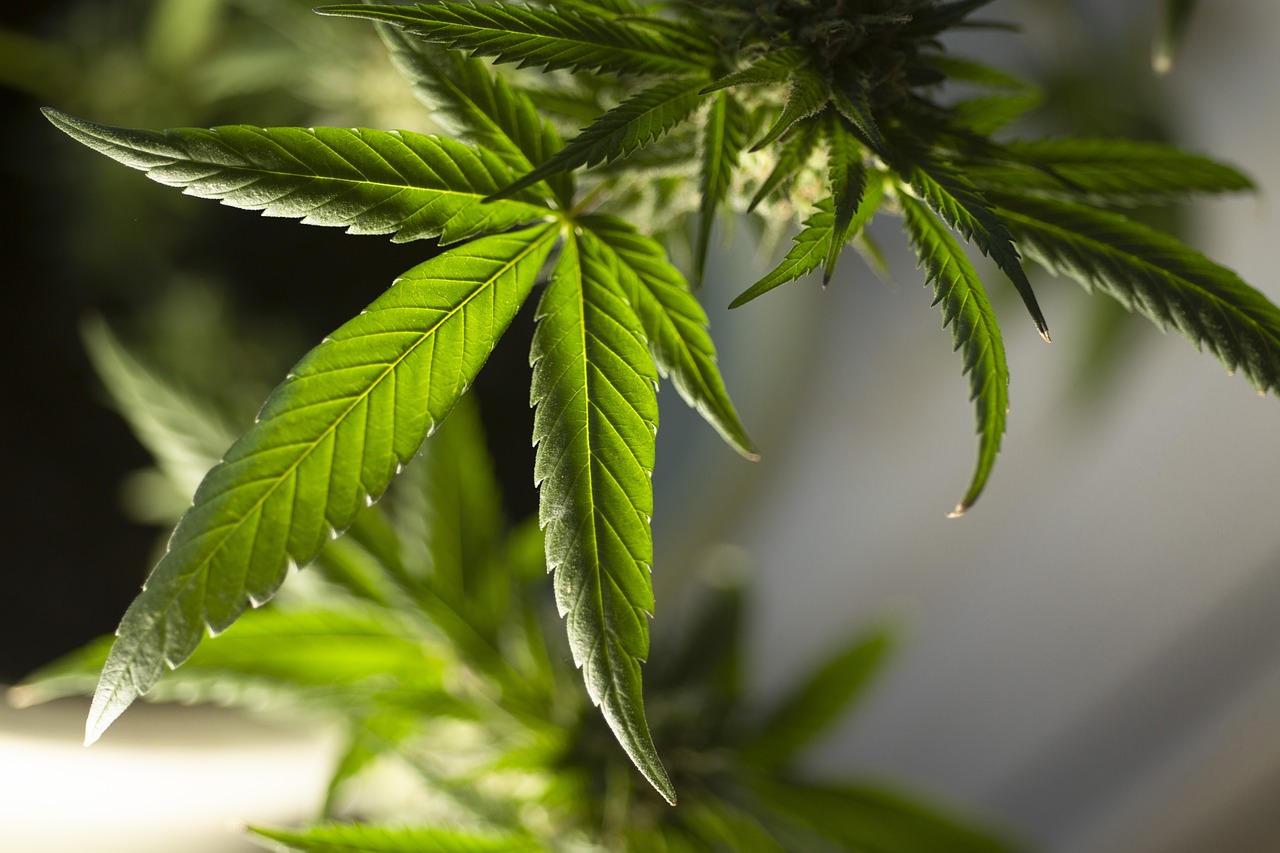The world of cannabis is vast and varied, with numerous compounds contributing to its effects. Among these, THCA (tetrahydrocannabinolic acid) has gained attention for its unique properties. Unlike THC, which is well-known for its psychoactive effects, THCA is non-psychoactive in its raw form. This article explores the potency of THCA flower, its benefits, and its potential applications.
What is THCA?
THCA is a cannabinoid found in raw and live cannabis. It is the precursor to THC, the compound responsible for the psychoactive effects of cannabis. When cannabis is heated through smoking, vaping, or cooking, THCA flower and muscle relaxation undergoes decarboxylation, converting into THC. This transformation is what gives cannabis its characteristic high.
THCA vs. THC: Key Differences
- Non-Psychoactive Nature: THCA does not produce the high associated with THC.
- Raw Consumption: THCA is present in raw cannabis, while THC is found in processed forms.
- Potential Benefits: THCA is being studied for its potential therapeutic benefits, which differ from those of THC.
Potential Benefits of THCA
Research into THCA is still in its early stages, but preliminary findings suggest several potential benefits. These include anti-inflammatory properties, neuroprotective effects, and anti-emetic qualities. While more studies are needed, these initial results are promising.
Anti-Inflammatory Properties
THCA has shown potential as an anti-inflammatory agent. Inflammation is a common factor in many chronic conditions, and reducing it can lead to improved health outcomes. Some studies suggest that THCA may help alleviate symptoms associated with arthritis and other inflammatory diseases.
Neuroprotective Effects
There is growing interest in the neuroprotective properties of THCA. Research indicates that it may help protect brain cells from damage, which could be beneficial for conditions like Alzheimer’s and Parkinson’s disease. These findings are still preliminary, but they open up exciting possibilities for future treatments.
Anti-Emetic Qualities
Nausea and vomiting are common side effects of chemotherapy and other medical treatments. THCA has been studied for its potential to reduce these symptoms, offering relief to patients undergoing such therapies. This could improve the quality of life for many individuals facing challenging treatments.
THCA Flower: Consumption Methods
Consuming THCA flower can be done in several ways, each offering different experiences and benefits. Here are some popular methods:
- Juicing: Raw cannabis can be juiced to retain THCA without converting it to THC. This method is popular among those seeking the health benefits of cannabis without the high.
- Topicals: THCA-infused creams and balms can be applied directly to the skin, providing localized relief without psychoactive effects.
- Tinctures: These liquid extracts can be taken sublingually, offering a convenient way to consume THCA.
Case Studies and Research
Several studies have explored the potential benefits of THCA. For instance, a study published in the British Journal of Pharmacology highlighted its anti-inflammatory properties. Another research project focused on its neuroprotective effects, suggesting that THCA could play a role in future treatments for neurodegenerative diseases.
These studies, while promising, are just the beginning. More research is needed to fully understand the potential of THCA and how it can be harnessed for therapeutic purposes.
Legal Considerations
The legal status of THCA varies by region. In some areas, it is considered legal due to its non-psychoactive nature. However, once it is converted to THC, it may fall under different regulations. It’s important for consumers to be aware of the laws in their area before purchasing or consuming THCA products.
Conclusion
THCA flower offers a unique opportunity to explore the benefits of cannabis without the psychoactive effects of THC. With potential applications in reducing inflammation, protecting brain health, and alleviating nausea, THCA is a promising compound in the cannabis world. As research continues, we may discover even more ways this cannabinoid can contribute to health and wellness.
Understanding the potency and potential of THCA flower is an exciting journey. As more studies emerge, consumers and researchers alike will gain a deeper appreciation for this fascinating compound and its place in the cannabis landscape.
